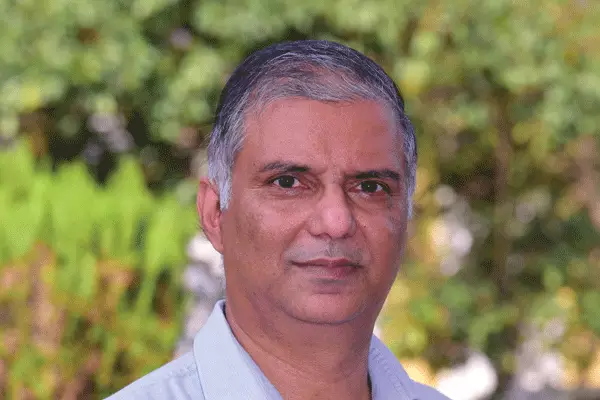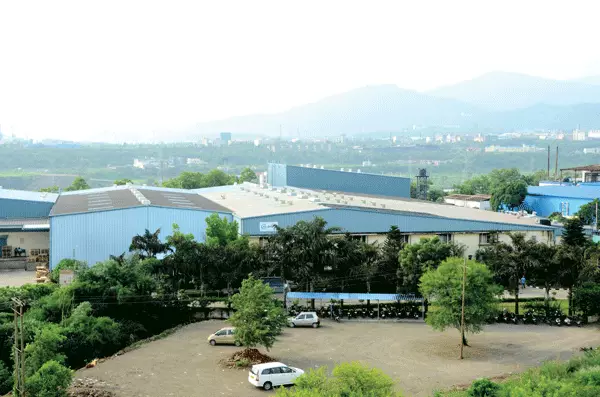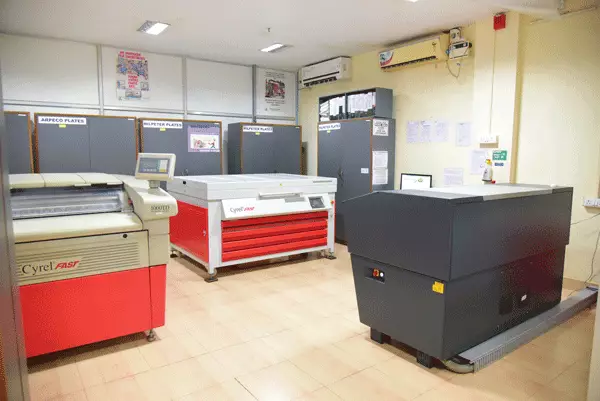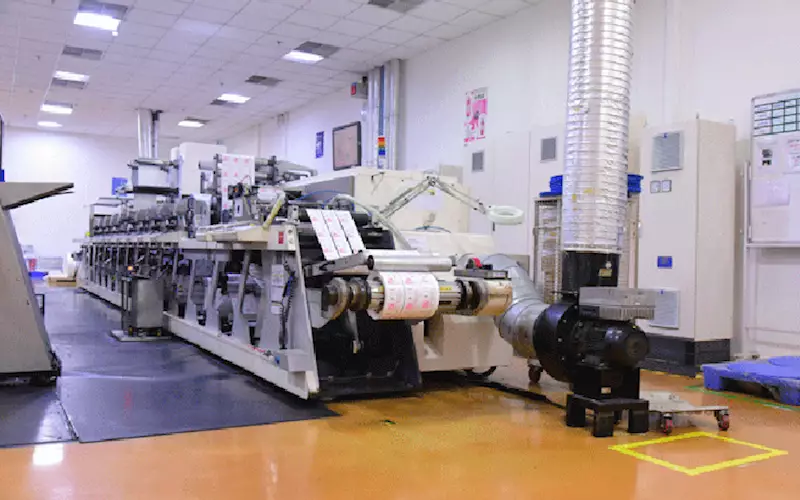Inside Albea India: World class tube packaging with flexo printing
Fast. High-quality. Cost-efficient. Increasing competitive marketplace has led Albea to adopt operational excellence in tube packaging to ensure that its clients are dazzled every time a product is launched
17 Feb 2021 | By PrintWeek Team
Albea, with USD 1.1-billion in revenues, and an entrepreneurial mindset, is a name to reckon with when it comes to personal care packaging. The France headquartered company has 31 sites, two of which are in India – Goa and Baddi.
It all started in India in 1997 when a plant was set up in Goa in 1994, which started production in 1997.
In early 2011, Betts, as then known, was acquired worldwide and became part of the Albea Group.
Albea in India specialises in producing tubes for oral care and cosmetic rigid packaging (CRP) for lipstick, eyeliner and nail varnish among others. In the tubes, the company produces oral care and pharma tubes with aluminium barrier and with plastic-barrier tubes with ethylene-vinyl alcohol copolymer (EVOH).
Albea’s Goa plant also is the head office for the country. In 2005, the company expanded, setting up a plant in Baddi. “Many of our customers expanded their operations in North India. To cater to our customers’ requirements, we set up a plant in Baddi,” says Albea’s managing director Lester Pinto, based in Goa.

Lester Pinto, managing director, Albea India
Pinto informs that though Goa is the head office for Albea India, the Baddi plant is bigger in size and infrastructure. “Though, both tubes and CRP used to be manufactured in Goa, right now, it only manufactures round tubes, while the Baddi plant makes round and oval tubes and also manufactures CRP.”
The two plants have three manufacturing activities – printing, tube making and moulding of components for tubes and CRP.
Operations matter
Satya Kolwalkar is the head for manufacturing and technology – India. “We look at operations as a continuous improvement – and the approach involves processes, people and technology, which ultimately delivers an outcome that we target – meeting customer demand, with sustainability in mind.”
The plant in Goa was designed to world class standards and replicated the best technology available, including equipment such as flexo presses.
Kolwalkar takes pride in Albea being one of the first companies to use flexo process to print tubes in India, when the rest of the industry players were still on letterpress-based process. “In a way, we were the torch-bearers for flexo in India, and DuPont has been a key partner. Letterpress was simpler, and lower cost equipment but the advantages of flexo far outweighed those of letterpress. We could deliver high-quality print, change jobs quickly, and add innovative decoration.”

Satya Kolwalkar, head for manufacturing and technology – India, Albea India
Albea’s two plants are equipped with Arpeco and Nilpeter presses.
Pre-press –print factory’s heart
The starting point, and also at the heart of any print jobs is tackling the artwork, which involves a set of complex processes. For Baddi, the Goa plant provides all the pre-press expertise.
The platemaking move
Brand owners need products which have eye-catching designs and graphics that appeal to consumers. It also has to be delivered quickly and sustainable. In its pursuance to achieve a high flexo standard, Albea has installed DuPont Cyrel Fast thermal platemaking system which can deliver high-quality flexo print.

Albea Baddi plant
Albea is equipped with Esko Workflow Suite, with a DuPont thermal DuPont Cyrel 1000 ECLF Exposure Unit and Cyrel Fast 1000TD thermal platemaking processor, to suit its plate production.
In 2013 the company moved from analogue to digital, and in 2014 from solvent to thermal technology. Kolwalkar says, “We are perhaps the first tube convertor to embrace the thermal platemaking technology. Each of our technology transitions has been very smooth.”
The company used DuPont’s Cyrel HIQs analogue and DPR digital plates before it moved to thermal DFUV plates. With tube printing, it is important to print high-quality graphics. More critical is to get highly consistent print results. “When we changed the platemaking techniques and the plate types, naturally the print results are different. With the help of DuPont’s technical teams, we have been able to ensure that our customers got the print results the customers wanted, without any variations,” says Kolwalkar.

Albea Goa plant
Albea special
Pinto and Kolwalkar have spent more than 20 years each with the company. Pinto says, Albea India has an experienced and dedicated team which is the key factor of their success.
It’s not just the skill, but also how the company takes care of its people. Albea has the right mix of young and talented and senior and experienced employees who have climbed the ladder and some who come in as experts. We continuously welcome young engineers as trainees and train them, even as those already there gain more experience,” says Pinto.
He believes that the generalist approach has helped his company’s employees to flourish, and in turn help the company achieve its goals. “Excellence and well-roundness go together.”
The other area where Albea stands out is the way it has been able to offer new sustainable and recycle-friendly options. And this innovation is driven by Albea in France, says Pinto.

Albea India’s international accolades include awards from Flexographic Technical Association and DuPont Cyrel Grand Prix Asia Pacific
Greenleaf is a recyclable laminate for oral care as well as personal care. “Greenleaf offers a lower environmental impact than standard aluminium-based structures. Its barrier ensures optimal formula protection for all applications,” says Kolwalkar.
Greenleaf is just one of the many sustainable initiatives.
The two Albea plants are triple ISO certified - ISO 9000 14,000 18,000, BRC and SMETA certified too. Caring for the planet is a top priority for the Group, says Pinto.
DuPont’s Take

Robust processes, skilled manpower, top end infrastructure – that’s Albea. Their plants are a treat to experience, man and machine tuned perfectly to produce quality printed tubes. They have been consistent award winners internationally for their print quality. Their transition from analogue solvent to Thermal Fast platemaking has been a study. They were very clear with their objectives on environmental footprint, turnaround time, print quality and consistency and that made implementation for digital thermal workflow very easy.











 See All
See All